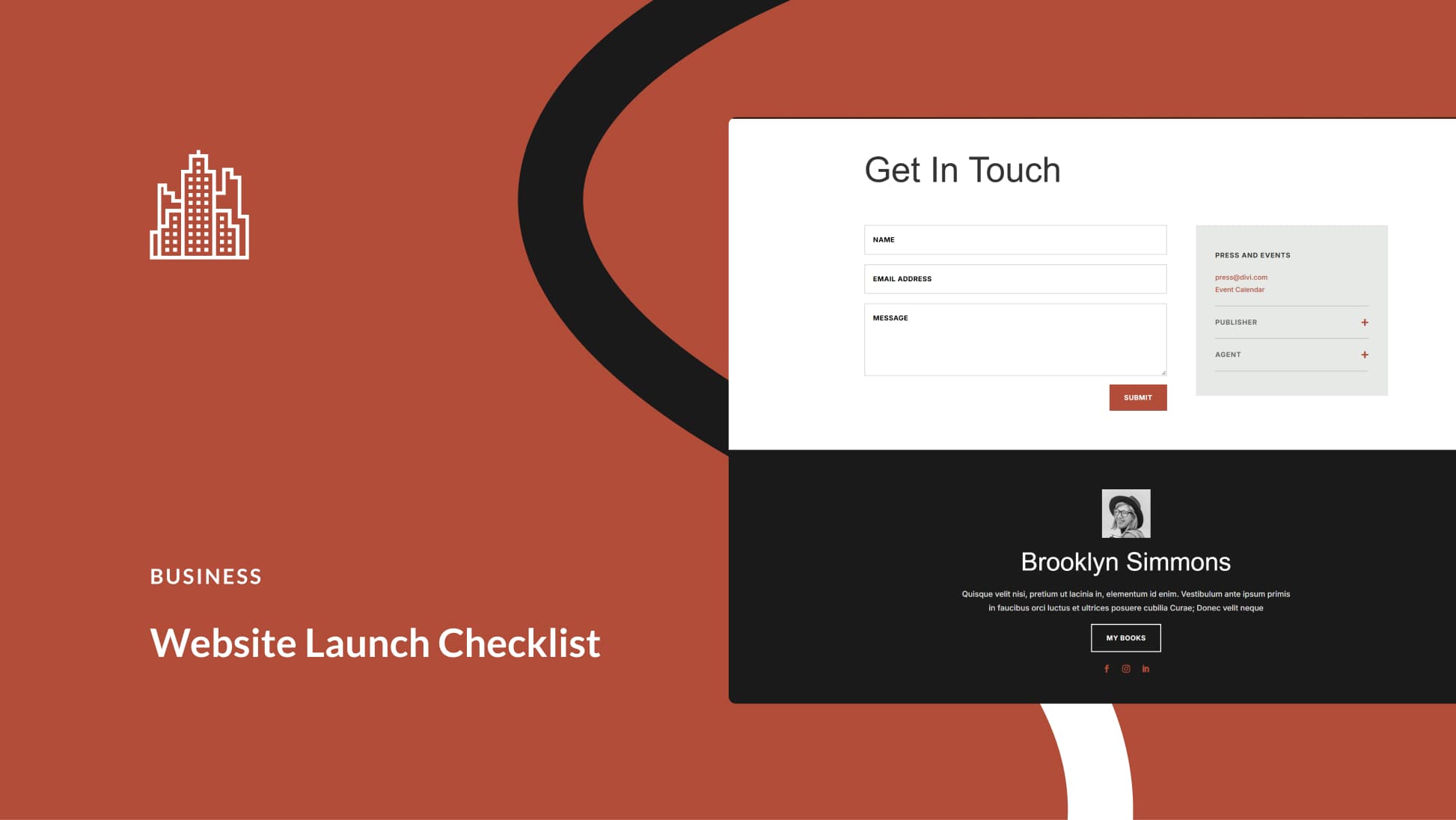Mindset is a hot topic in the leadership world right now. Your mindset is the way you think and then act upon those thoughts. Which is why many believe that your mindset is the single most important factor in your business success.
Your beliefs about business, money, and success inform the way you do conduct yourself professionally and greatly impact your performance. This may seem like an abstract concept, but in this post we hope to bring some clarity to the issue by taking a look at some mindset basics. We will then follow up with a few strategies for shifting your thoughts and building a resilient growth mindset well suited to success in business and life.
Let’s dig in!
Fixed vs. Growth Mindset
If you regularly read professional development materials or listen to motivational podcasts, you may have heard the terms “fixed mindset” and “growth mindset”. The two mindsets were identified and coined by Carol Dweck in her book Mindset: The New Psychology of Success.
If you have a fixed mindset, that means you’re essentially self-limiting your abilities and your potential. You see things in black and white. You see limitations and roadblocks at every turn, rather than questions, challenges, or obstacles to overcome.
According to Dweck, someone with a fixed mindset is in a perpetual state of validation-seeking and never feels like they are enough. When you have this sort of mindset, it’s easy to get discouraged and feel defeated. As a result, your resilience suffers–and your work does, too. Some signs of a fixed mindset include common freelancing mistakes such as inability to raise rates, sticking with toxic clients, undervaluing yourself, and more.
In contrast, if you have developed a growth mindset, you’re much more resilient and able to bounce back after a setback. You can see opportunities, even in the midst of challenges. Rather than viewing yourself as defeated before you begin, you’re able to see many different ways to make something work. When one idea doesn’t take off, you move on to the next and keep going until something works.
Additionally, if you have a resilient growth mindset, you believe you can continually grow and learn throughout your life and career. You see the possibilities in life and are able to adapt and evolve into better versions of yourself over time.
Why You Need a Resilient Mindset in Business
Running a business requires a resilient mindset. Whether you’re a solopreneur, an agency owner, or a CEO, you must take care of your mindset.
Business has its ups and downs, and it can be unpredictable. Even if you have a stable business that has been successful for years, an unprecedented economic event can grind operations to a halt. You can’t always predict when you’re going to need to pivot or hustle harder.
If you aren’t able to see opportunities for growth and development in the midst of chaos, running a business will be hard for you long-term. To run a business that stands the test of time, you must be adaptable, willing to learn new skills, and optimistic for the future.
If you’re a business owner who operates within a fixed mindset, as Dweck describes, you are more likely to run into trouble as the world around you shifts. Whether facing short-term challenges or long-term changes to their industry, your mindset will keep you stuck.
Rather than being immobilized when something goes wrong–and risking your business in the process–it pays to develop and maintain a resilient mindset.
How to Develop Your Mindset
Working on your mindset is a habit every business owner–and career professional, in general–needs to build. Here are a few steps you can take to strengthen and maintain your mindset as you build your business.
- Consider your automatic thoughts and behaviors. Analyzing your knee-jerk reactions around business is a great way to measure your mindset as it is. For example, how do you react when you think about opportunity? If your immediate reaction is, “There’s never enough,” that could be a sign of a fixed mindset.
- Free write about growth-centric topics to get inside your own head. If you’re not sure where to begin, free writing can help you untangle your beliefs. Make a list of business-centric topics, and then write down exactly how you feel about them. Don’t filter yourself. This exercise will give you the chance to get a real look into your thought process. And, taking an objective view of the thoughts in your head can help you decide which patterns are helpful, and which are not.
- Challenge your assumptions. When the economy is hurting, do you assume there’s no more work to be had? Or when you lose a contract, do you assume a better client won’t come along in time? Our actions often follow our assumptions, so get clear on what yours are–then challenge them. A fixed mindset has a sneaky way of sabotaging you before you’ve even begun to prove it wrong.
- Keep pushing and growing in spite of setbacks. The most resilient innovators and thought leaders don’t just drop their goals when business gets hard. When you work on shattering harmful assumptions and looking for opportunities, you’re more likely to bounce back better than ever.
Mindset Development Resources
Reading or listening to other experts talk about mindset practices is a great place to start. In addition to Dweck’s work, there are now quite a few resources dedicated to developing a healthy mindset.
Many mindset-building resources are dedicated solely to the topic of mindset while others wrap in peripheral (and relevant) topics such as entrepreneurship, habit-building, and managing anxiety.
- Get Out of Your Own Way by Mark Goulston
- Act Like a Success, Think Like a Success by Steve Harvey
- The Growth Mindset by Joshua Moore
- The Power of Habit by Charles Duhigg
- DARE by Barry McDonagh
Many thought leaders also address the idea of building a growth mindset in their materials. Some of the leading names include Mel Robbins, Rachel Hollis, Tom and Lisa Bilyeu, Marie Forleo, Jay Shetty, Cathy Heller, Chalene Johnson, and many more.
In addition to seeking out resources, you’ll want to pick up some habits that help you identify the thought and behavior patterns that hold you back. A resilient mindset is something most notable innovators have in common, so if you haven’t paid special attention to your mindset, now is the time to start.
Wrapping Up
Your mindset can make or break your business success. Therefore, it’s important to nurture it now.
As a quick recap, here are some of the things you can do to develop and maintain a resilient mindset:
- Identify whether you have more of a fixed or growth mindset
- Seek out mindset resources that resonate with you, such as books or podcasts
- Identify and challenge your own mindset and thought patterns
- Continue moving forward even in challenging times
Do you have mindset-building habits you practice regularly? Let us know in the comments!
Featured image by Liliia_A / shutterstock.com









Mindsets are really patterns of thinking that have been ‘wired in’ from a young age based on our earliest home and school life experiences. Those neural pathways often go deep and they formed based on the beliefs and attitudes we developed about ourselves based on the opinions and reactions of others towards us as children. My work with women in business on confidence and self-belief proves again and again that to shift a mindset means being willing to look at these beliefs and attitudes, and then make a conscious effort to create and use new thoughts to replace the thoughts of the old mindset that ‘I’m not good enough’. You may have ‘outgrown’ the need to have that scarcity/perfectionist/unworthiness story play over and over in your life but until you look at what caused it, your mindset won’t shift.
Absolutely. Thanks for sharing! 🙂
Awesome content! It’s refreshing to see this kind of topic 🙂
Thanks so much! 🙂